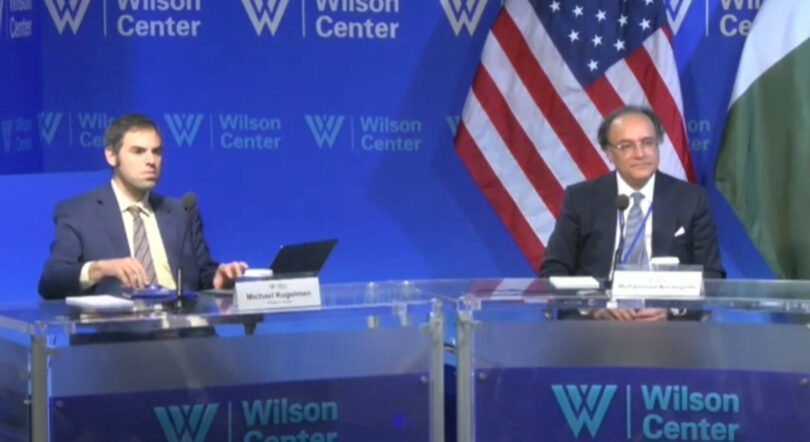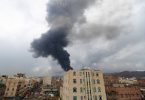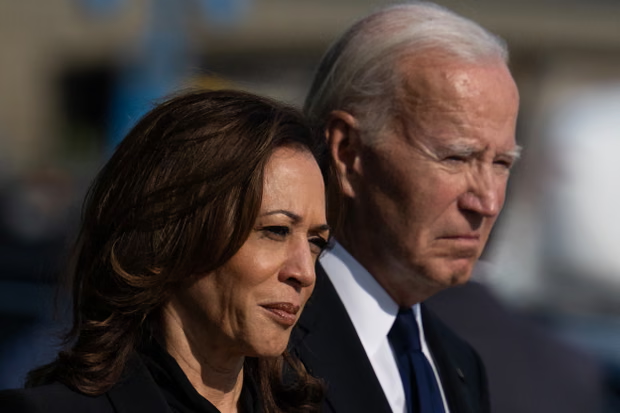Jalil Afridi
Washington DC: At a recent event at the Wilson Center in Washington, D.C., moderated by Michael Kugelman, Pakistan’s Finance Minister Aurangzeb addressed critical questions about the country’s economy. The event, attended by analysts and experts, touched upon key issues, including Pakistan’s strategic economic decisions and foreign policy challenges.
Kugelman’s primary question revolved around the Special Investment Facilitation Council (SIFC), a body that includes Pakistan’s army chief and plays a pivotal role in making economic decisions for the country. Analysts have noted the increasing influence of the military in economic affairs. Minister Aurangzeb praised the SIFC, highlighting its crucial role in stabilizing the economy and fostering investment, noting the council’s success in creating collaborative opportunities between civil and military institutions.
When asked about the Pakistan-Iran gas pipeline, a controversial project that could cost Pakistan billions in fines if unfulfilled, Minister Aurangzeb was non-committal. He said that the matter was still under review, given the conflicting pressures of fulfilling Pakistan’s contractual obligations and U.S. opposition to the project.
On the topic of Pakistan’s debt to China, which has been widely criticized, particularly in the energy sector, Aurangzeb emphasized the strong partnership between Pakistan and China. He explained that the bulk of these debts are tied to infrastructure in the power and energy sectors, reiterating that the projects are mutually beneficial.
In response to a pointed question by The Frontier Post about Pakistan’s government expenditures, Aurangzeb stated that efforts were underway to reduce unnecessary spending. However, when pressed on Pakistan’s recurring borrowing from Washington, the journalist noted, with irony, how Pakistani officials return with “big, beautiful smiles” seeking more loans.
To another question by The Frontier Post regarding the justice system, especially the unsolved murder of journalist Arshad Sharif, Aurangzeb stated that legal reform was outside his purview, deflecting the question.







